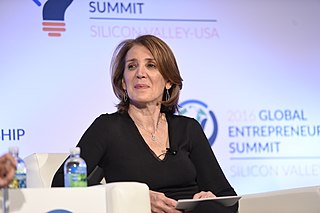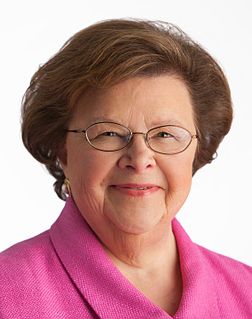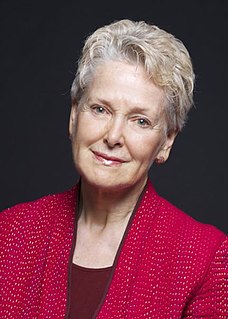A Quote by Ban Ki-moon
Countries with higher levels of gender equality have higher economic growth. Companies with more women on their boards have higher returns. Peace agreements that include women are more successful. Parliaments with more women take up a wider range of issues - including health, education, anti-discrimination, and child support.
Related Quotes
Countries with more gender equality have better economic growth. Companies with more women leaders perform better. Peace agreements that include women are more durable. Parliaments with more women enact more legislation on key social issues such as health, education, anti-discrimination and child support. The evidence is clear: equality for women means progress for all.
There may be countries [where] there's no gender inequality in schooling, even in higher education, but [where there is] gender inequality in high business. Japan is a very good example of that. You might find cases in the United States where at one level women's equality has progressed tremendously. You don't have the kind of problem of higher women's mortality as you see in South Asia, North Africa, and East Asia, China, too, and yet for American women there are some fields in which equality hasn't yet come.
We had early on women having the right to vote, then women in the workforce during WWII, just going back in history, and then we had the higher education of women, and then women more fully participating in the economy and in business, the professions, education, you name the subject... but the missing link has always been: is there quality, affordable healthcare for all women, regardless of what their family situation might be?
Modern medicine has presented us with a Faustian bargain: Our aging bodies can bankrupt our children and grandchildren. We have run into the 'law of diminishing returns' in health care, where we are often doing more and more, with higher and higher technology, at more and more cost, for less and less benefit.
We're doing quite well in some states, but there are states that you can't - I mean, it's just ridiculous the representation of women, and having been an advocate for women, lobbied in many states as well as here at the national level for women. People behave differently when there are women at the table, men do. Our issues get higher prominence. We're taken more seriously.






































